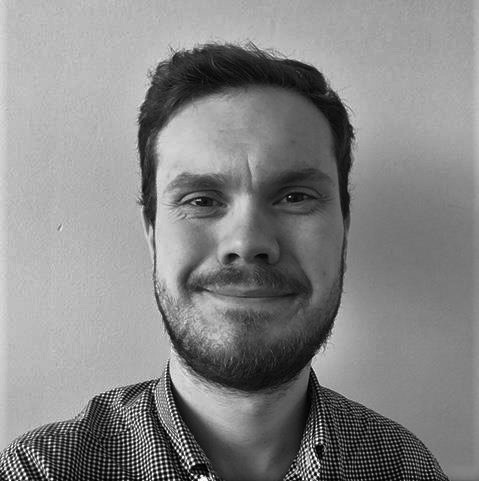Diversifying the curriculum and the history, theory and practice of heritage

‘Heritage: History, Theory and Practice’ is part of the MA Heritage Management at Queen Mary. The module introduces students to the theory of heritage and museum practice and invites them to reflect on the work of heritage organisations and sites, where they will work for half of their time on the programme.
Responding to a need
The prevailing discourse around heritage is a traditional, Eurocentric one. 'Heritage: History, Theory and Practice' has been designed to challenge this ingrained view and expose students to issues that may arise from it. Often, these issues pertain to diversity and inclusivity in heritage and museums.
More broadly, the module also encourages students who come from diverse backgrounds to think about the nature of heritage as it currently exists around the world.
The module
The module has been designed to centre issues such as colonialism and slavery; for example, by engaging students in discussions about monuments which relate to these.
Students are also encouraged to answer the question 'what is heritage?', which has allowed for the sharing of diverse perspectives. Further, the module examines the destruction of heritage, touching on recent events involving the controversial toppling of statues. This has allowed for rich discussion and debate to take place.
The topics covered each week of the module are as follows:
- What is heritage?
- Histories of Heritage
- Colonialism and Heritage
- Diverse and Inclusive Heritage
- Funding and Governing Heritage
- Heritage and Nature
- Reading week
- The Heritage Industry
- Heritage after Conflict
- Destroying Heritage
- Emotional Places
- Heritage and its Media
Going forward, there are plans to further amplify voices outside the western academic tradition by including more of these in the module's reading lists.
The module organisers also acknowledge that educators must consider and recognise their positionality and their privilege while teaching students and creating their teaching content. When necessary, they should not hesitate to seek support from colleagues and those with experience of the area.
Dr Ed Legon would like to thank Dr Jessica Jacobs and Dr Chris Moffat for their input in these aspects of the module.
The impact
This module has engaged learners in the acknowledgement of the ways in which ideas about British/European heritage (which are, in many ways, the focus of the entire programme) have been constructed in the context of colonial expansion and all that entails.
Examples of some of the lectures that have occurred as part of this module include 'Colonialism and Heritage' which explores European colonial perspectives on the histories of colonised people, heritage law in European colonies, the European destruction of pre-colonial heritage, and the legacies of these activities in contemporary European museum collections (and related calls for repatriation), as well as the role of European colonial heritage in the postcolonial imagination.
In a different week, learners explored together the recent movements which have sought to challenge perceptions of, and to remove, public monuments in Europe and the USA to people who were involved in colonialism and slavery. Part of the intention of this week was to problematise the straightforward association of the alteration (and even destruction) of heritage environment with 'vandalism' (again, a product of European heritage development).
